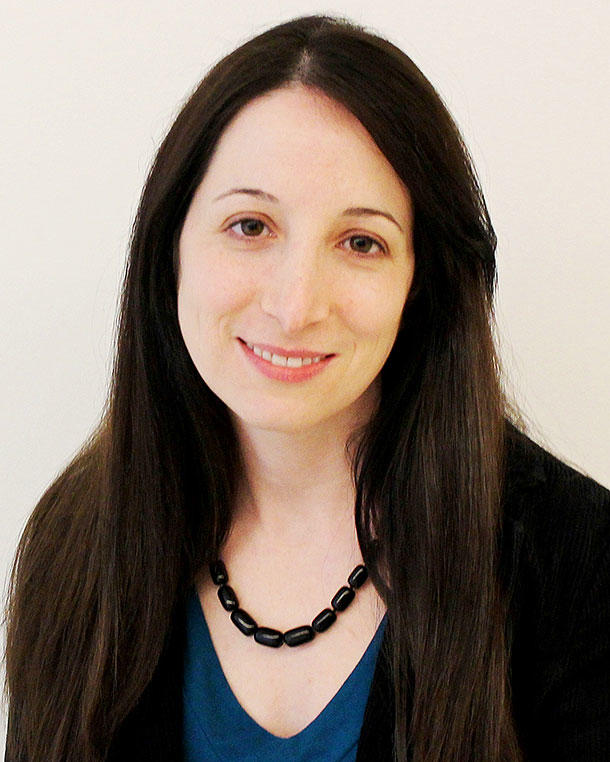
Elizabeth K. Cahoon, Ph.D.
NCI Shady Grove | Room 7E524
Biography
Dr. Cahoon received her B.S.E. in bioengineering from the University of Pennsylvania, Philadelphia, her S.M. from the Engineering Systems Division at the Massachusetts Institute of Technology, Cambridge, and her M.H.S. in biostatistics and Ph.D. in epidemiology from the Johns Hopkins Bloomberg School of Public Health, Baltimore, Maryland. She joined the Radiation Epidemiology Branch (REB) as a postdoctoral fellow in 2010 and was promoted to research fellow in 2014. She was appointed to the position of Earl Stadtman Tenure-Track Investigator in 2017. Dr. Cahoon has received numerous awards for her work, including the DCEG Intramural Research Award, the DCEG Outstanding Research Paper by a Fellow, and the NIH Award of Merit.
Research Interests
Dr. Cahoon’s research focuses on cancer and precancer risks conferred by environmental sources of radiation exposure.
Ultraviolet Radiation and Skin Cancer
Solar radiation is the primary environmental risk factor for most types of skin cancers, which occur in 5 million people and result in more than 10,000 deaths each year in the United States. Sensitivity to sunlight is influenced by constitutional characteristics such as skin complexion and potentially external factors such as use of photosensitizing medications. Dr. Cahoon is working to identify medications and other agents that modify the relationship between UV radiation and skin cancer risk.
For skin cancer prevention, information on the timing of UV radiation exposure over the life course is important. In addition, despite a shift in our relative exposure to different UV radiation wavelengths due to use of sunscreens, tanning beds, and even window glass, the relative roles of UV radiation wavelengths and skin cancer risks are not known. Dr. Cahoon is evaluating the UV radiation dose-response relationship for skin cancer risk by wavelength, age at exposure, and anatomic site.
In addition, Dr. Cahoon is evaluating the role of UV radiation in viral activation, immune modulation, and rare skin cancers suspected to be associated with UV radiation. Her previous work identified a relationship between ambient UV radiation and risk of Kaposi sarcoma, possibly through reactivation of the causative virus, human herpesvirus 8. Dr. Cahoon is working to confirm these findings in independent populations.
Ionizing Radiation
Ionizing radiation exposure from occupational, accidental, and medical sources continues to be of public health significance and regulatory concern. Quantification of radiation-related risks provides important information for risk assessment models and risk/benefit analyses of cancer screening programs that rely on radiation for early cancer ascertainment. Dr. Cahoon examines radiation-related risk of various cancer types in the Lifespan Study of Japanese atomic bomb survivors and among Chornobyl liquidators (i.e., emergency clean-up workers) who were exposed to a large range of external radiation.
Few studies have evaluated the relationship between I-131 exposure and thyroid nodules, which are potential precursors for thyroid cancer. Dr. Cahoon is examining risk of thyroid nodules in Belarus and Ukraine and progression of prevalent nodules. Potentially providing a rare window into multistage carcinogenesis, these will be the first studies to evaluate whether nodule characteristics associated with increased risk of thyroid cancer, such as size and vascularization, are apparent at clinical diagnosis or whether these characteristics emerge and evolve over time. In addition to the thyroid, iodine also concentrates in the lactating mammary gland where it is secreted into breast milk. This exposure pathway may be associated with benign and malignant breast disease. Dr. Cahoon is also examining risk of breast cancer in this potentially vulnerable population.
Information for Journalists
To request an interview with a DCEG investigator, please complete this form: Request For Comment | HHS.gov.